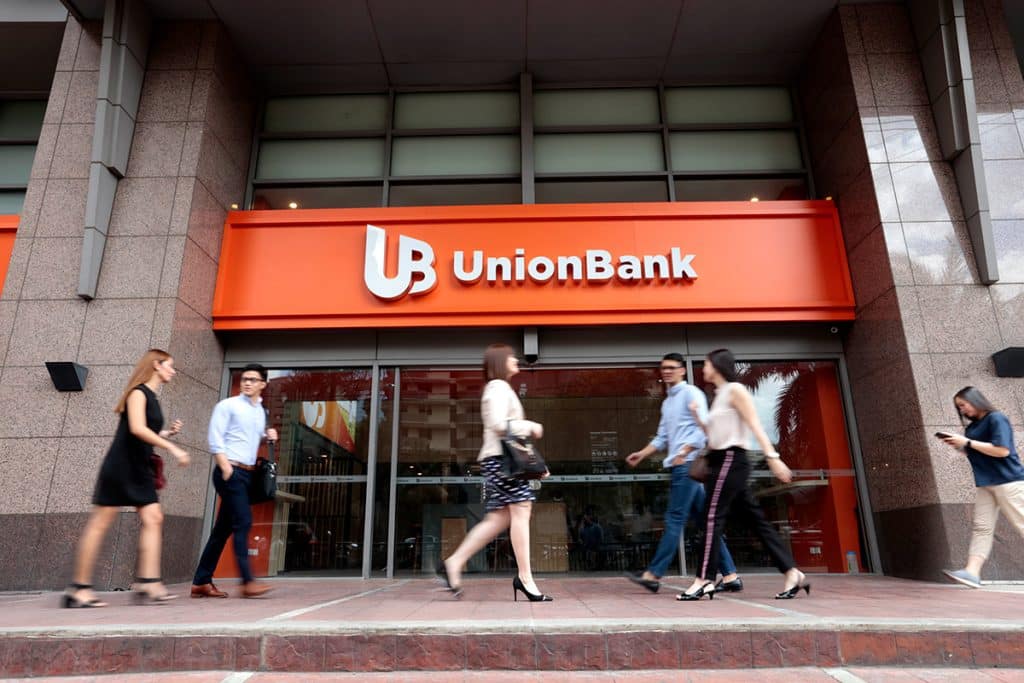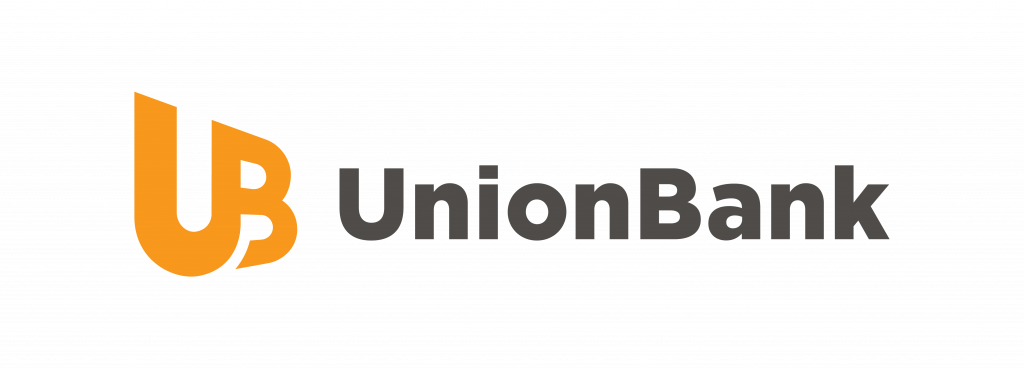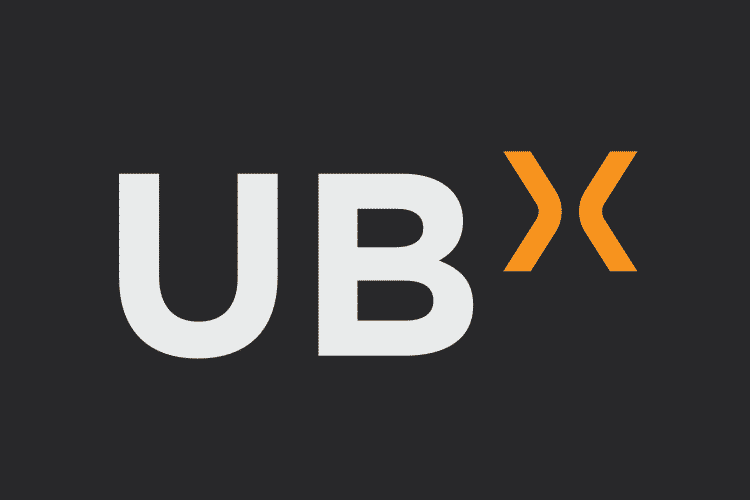Unless you’ve been living under a rock, you’ve heard of cryptocurrency. Cryptocurrency is a virtual currency that could replace our cash system one day.
Virtual currencies like Bitcoin are working to cut out the middle man in our banking transactions. Read this article to learn cryptocurrency 101 and whether you should invest or pass.
Cryptocurrency 101
Cryptocurrency is a virtual or digital currency. It is secured by cryptography. Cryptography is a method of encoding and decoding data. Essentially cryptography puts the “crypt” in cryptocurrency. Cryptography makes it almost impossible to counterfeit money.
Cryptocurrencies (yes there are more than one) use blockchain technology. It works by dispersing a ledger among a network of computers. These computers all work to keep up with it.
Understanding Cryptocurrency: How it Works
With cryptocurrencies, there isn’t a central authority. They are not issued by a government or a bank. In theory, this makes cryptocurrencies free from government interference or manipulation.
Payments are made online using “tokens”. The ledger keeps track of all the entries and how much currency everyone has. Verifying transactions is usually the role of the banks but cryptocurrency relies on the peer-to-peer system.
This system allows for your transactions to be secure. It reduces the risk of fraud and allows your transactions to be more transparent.
Popular Cryptocurrencies
Bitcoin was the first blockchain-based cryptocurrency. It was started in 2009 by an individual known as Satoshi Nakamoto. Today it remains the most popular and valuable.
Since Bitcoin started there are now thousands of different cryptocurrencies people can use. Each cryptocurrency has its function in the market. Some of these cryptocurrencies copied Bitcoin and others were built from scratch.
At the time of this article, USD 27.5 billion BTC has been traded in the past 24 hours. A single token or BTC of Bitcoin is worth USD 9,435.04.
Other popular cryptocurrencies include Litecoin, Ethereum, Namecoin, Cardano, and EOS. If we calculator the total value of cryptocurrencies all together that number would be around USD 251.8 billion. To put that into perspective that is about 0.7% of the world’s money.
Is Cryptocurrency Safe?
Cryptocurrency experts would remind you that Investing is always a risky business. However, Some traditional experts say investing in cryptocurrencies, like Bitcoin, is even more of a risk.
The world has been caught up in “crypto-mania” as people began buying and selling cryptocurrency like stocks. We’ve all heard the stories of people who became millionaires overnight thanks to Bitcoin business opportunities.
We’re not going to suggest investments. That should be left to you and your portfolio manager. However, we will say you shouldn’t invest in something you don’t fully understand. This advice goes for any investment.
Pros of Cryptocurrency
There are a lot of pros of cryptocurrencies. Cryptocurrencies make it much easier for two parties to exchange funds. No longer do you need a bank or credit card company to serve as a middle man.
The transfers are secure. There is very little risk of counterfeiting or double-spending. They are also completed with very minimal transfer fees. The fee is much lower than the charge for a wire transfer from a bank.
With more customers choosing to make payments from their mobile phone, tablet, or Apple Watch, cryptocurrency is a cheaper and more efficient system for payment.
Cryptocurrencies have the potential to create a borderless, global economy. That’s a win for everyone (well, maybe except banks). It can help fight financial inequality by taking out the bank and credit card middlemen and bring financial services directly to the people.
Cons of Cryptocurrency
Cryptocurrency sounds great but there are a few drawbacks to blockchain the technology it is based on. For one, blockchain isn’t as scalable as centralized banking systems. If you’ve ever made a bitcoin transaction then you noticed it took some time to complete.
Remember the ledger we talked about? The blockchain network of computers is kinda slow to make changes to the ledger. And if you think it is slow now just think about how slow it would be if more people started using bitcoin!
Another common issue is that you can lose your cryptocurrency hack. When you purchase cryptocurrency most people store it in their wallet. Wallets are located on the exchange.
Billions of dollars of Bitcoin and other cryptocurrencies have been lost on the exchange from hackers.
A smarter place to store your cryptocurrency would be on your smartphone’s cryptocurrency wallet because generally speaking, smartphones are not hacked.
But even if you use a wallet on your smartphone it is still possible to lose your cryptocurrency. You could misplace or forget your “key” or password for the account. There is no forgot my password link to click with cryptocurrencies.
Your phone’s OS, operating system, could also become corrupt. This could delete your wallet from your phone. Bye-bye cryptocurrency. There is hardware now available for people to back up and secure their wallets.
Trading Cryptocurrency
If you are trading cryptocurrencies, there will be fees involved. These fees are still a fraction of a per cent of the total transaction amount depending on the cryptocurrency exchange you use. You can also avoid some fees by using your wallet.
The fees involved will vary depending on the total number of people who are buying and selling your particular cryptocurrency.
In general, the more people the higher the fee. In the beginning, when most people had never heard of trading Bitcoin the transaction fee was around 6 cents. Today that fee is much more and it is always changing.
Consult With Your Financial Advisor
We hope you enjoyed reading cryptocurrency 101. Many positive benefits could come from a virtual currency like Bitcoin or others. There are also many other positive benefits blockchain technology has in healthcare or voting systems that are also being explored.
Be sure to subscribe to our print magazine and follow us for more content on technology, business, investing, and finance.





